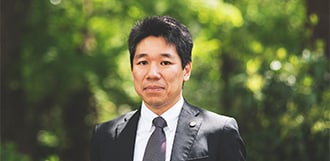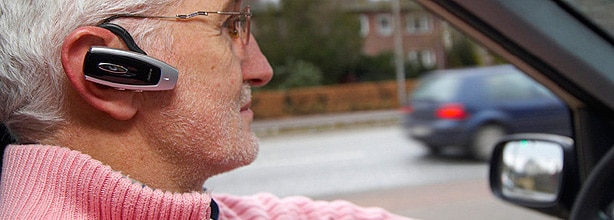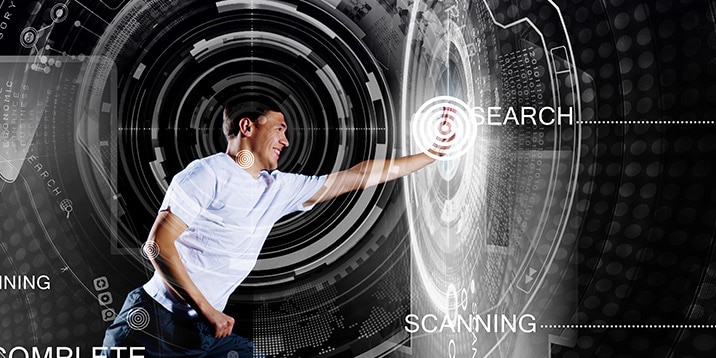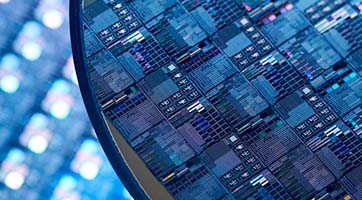
- Semiconductor Technology Now
Expert Interview
Telescope Magazine: Are the experts, doctors, radiologists or any other therapists, are they real people or are they being paid by doing this advice?
Irad Deutsch: Real people, real doctors, real professors, real nurses from respectable places such as Mount Sinai, Mercy Hospital, you name it; big names from all over the world, not only from the U.S. The majority of them are doing it out of good will. There will be some people whom we pay because the traffic is way too high so we pay them for a little bit of their time, to show our appreciation of their service.
First, when we pick a doctor or an expert, we pick just one per field. We have one expert in radiology, one expert in radiotherapy. So, 200,000 patients are seen by the same expert. But think of a lecturer going onstage lecturing to 200,000 patients. It’s great for their ego, it’s great for their public relations, whatever, but the other part is that a lot of the doctors are still researching. We haven’t gotten to this part yet. Researching the data is a big part of what we do: we’re not only helping patients to better navigate, to help them in their journey. We see a lot of people’s journeys -- anonymous journeys -- and we aggregate them. When you push some machine learning and AI on top of that then you start to see some fascinating things. I can definitely elaborate on this.
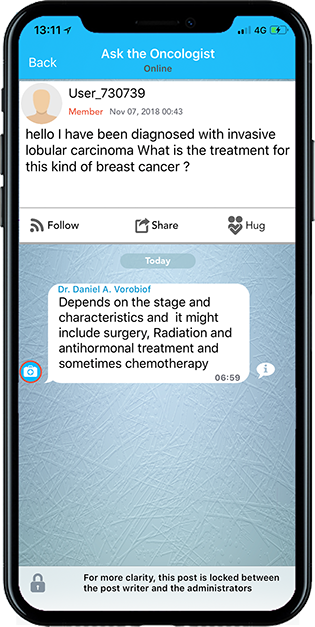 |
Telescope Magazine: Could you go to that part? I’m curious.
Irad Deutsch: Okay. Going back to the wave analogy or the GPS analogy, when you look at it, we’re all using GPS even just to get home. We just want to avoid a police officer or some traffic jam. We can do this because everybody else is sharing their current location. In cancer we don’t track location but we do analyze the patients’ journeys. We look at hundreds of thousands of patient journeys. You can see traffic jams and you can see shortcuts. It’s one thing to see a newspaper article about a miracle where someone was given three months to live and he’s somehow survived for three years. But when you see ten miracles, a hundred miracles of the same type and you put some machine learning on top of it, you look at all the little things that compose this journey, then you start to see things like a specific mutation, a specific drug, a specific combination, a childhood disease, you name it. A lot of things that you cannot see in a sample of one but you can see in a big sample.
Telescope Magazine: So, users’ data has been helpful in cancer research.
Irad Deutsch: Yes. Using this data, we help stakeholders all over the healthcare industry, and that includes payers and providers. With anonymous data to really answer complex questions with what’s called “real-world” evidence, which is data that comes from the field, not from think tanks and clinical trials. A lot of the research has been published already and we do this research with the cooperation of our patients. Patients are proudly taking part in these things. Some of them even were recruited for interviews by phone. All of them answered surveys. We recruit them; they are part of the process. We share a lot of the research back with the community so they really feel part of something big.
Telescope Magazine: What have you found?
Irad Deutsch: For one thing, fatigue is a very common side effect and yet something that people don’t cover often. It really impacts the patients’ lives dramatically. We wanted to really measure and quantify how fatigue affects patients’ lives. We have conducted the largest fatigue study ever done. We haven’t found anything as big as that. Over 500 respondents from our community participated in this and we found some very interesting stuff. For example, almost 60 percent of the population said that fatigue would cause anxiety in their life. It’s a really big portion. We just think, oh, they’re just tired, but it’s beyond that. We asked them – what really helped you? We wanted to see, is it medical, or therapy? 32 percent said that changing their nutrition helped them alleviate fatigue. Only 13 percent said they turned to medication. 44 percent said that talking to other patients in the Belong platform helped them to find solutions for fatigue. These are really incredible numbers. For example, there was given a tip that was then tested by other patients that said if you go to the gym and do a moderate workout the day before the treatment, this will reduce dramatically the impact of fatigue on the day after. I haven’t even talked about the medical part. These are just behavioral things. Another publication we made compared side effects of identical drugs, drugs that should have been doing the same thing, treating a tumor the same way, but one drug had far more side effects than the other one. It’s not something captured in clinical trials. This is the type of information that we can provide. Some of it we do on our own and some of it with affiliates.
Telescope Magazine: As I understand with this particular example, the research is done by proactive participation of the users. Is there any research you can conduct automatically using analytics and AI and have you done it? If you have done it, could you share?
Irad Deutsch: Basically when we do research, even with the patients using surveys, etc., we also use machine learning and AI on top of it because if you’re looking at 50 questions or 100 parameters and big cores, like thousands of people, where the human eye cannot really find a pattern, you will find a predictive model and things like that. No matter what we are doing, we always use those technologies to digest the massive amounts of data. Yes, we also, in an anonymous way, create aggregated reports and data and then analyze those things also to understand things about patient journeys. But we always do it anonymously and aggregately; we never look at just a single individual.





